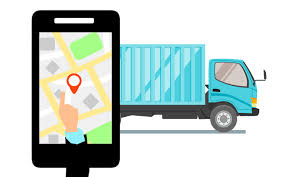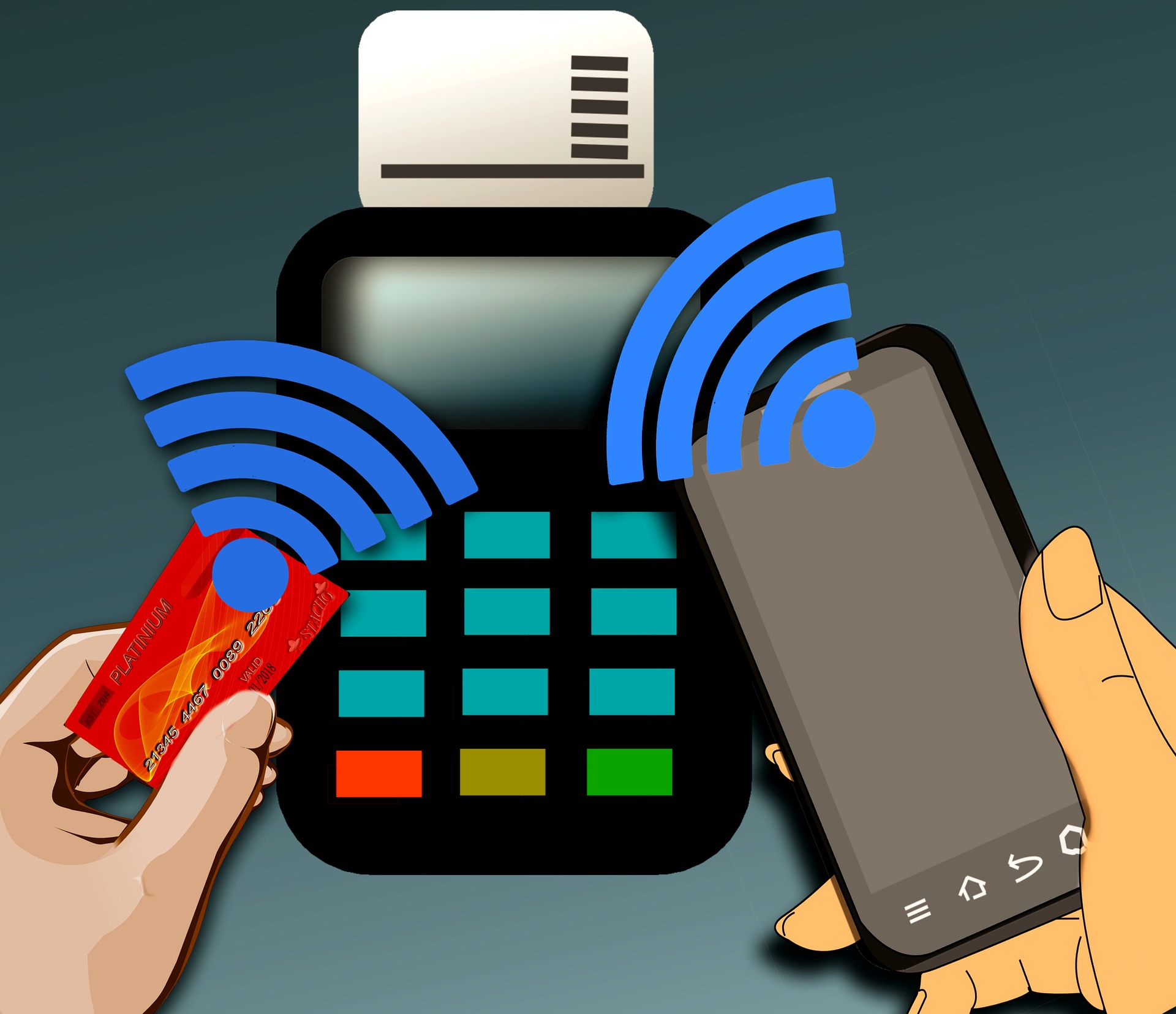With the development of mobile connectivity, mobile apps are now available to any industrial sectors. Facing the dynamism of the transport sector, they invested quickly the urban and interurban transport market and even the transport of goods. Today, the main question is what could be the future of the mobile applications in the transport sector. The answer will be found in this article.
Transport set to the mobile level: mobile applications in transport
 Or rather the opposite! Anyway, mobile applications have ended their entry in the transportation sector. More and more private users and companies are using applications to find either the best provider or to know the travel time of different means of transport (bus, train, plane, etc.). In other words, mobile is today at the heart of various innovations in the transport sector. It enables users to prepare their travel better while having at their fingertips the conditions of the offer and its cost.
Or rather the opposite! Anyway, mobile applications have ended their entry in the transportation sector. More and more private users and companies are using applications to find either the best provider or to know the travel time of different means of transport (bus, train, plane, etc.). In other words, mobile is today at the heart of various innovations in the transport sector. It enables users to prepare their travel better while having at their fingertips the conditions of the offer and its cost.
Moreover, in a recent research concerning the new forms of mobility over 60% of respondents believe that carpooling could be a mean of transport for the future, far ahead public transport or even car sharing. However, it must be said that applications for the transport sector remain largely fragmented. The next applications that will be developed will then have to focus their strategies on inter-modality.
Inter-modality: a solution for sustainable mobility
As mentioned above inter-modality is an essential criterion that the developers of applications intended for the transport sector will have to take into account. Indeed, even if we know that it already applies to long journeys, especially with regard to departures on holiday by train, plane or car rental, it should soon apply to the level of daily journeys. It should be remarked that inter-modality can only be used when there is a way to connect a place by using different modes of transport. The multimodal approach will then propose alternative modes of transport.
Towards the development of contactless services
 For a few years now contactless services have been announced as one of the leading providers of transportation sector transformation. These are services that rely on NFC (Near Field Communication) chips that are gradually integrated into new generations of smartphones. It must be said that these contactless technologies enable to load one’s ticket and validate by just passing one’s phone near the reading equipment. Currently this is a system that is used to pass the tolls.
For a few years now contactless services have been announced as one of the leading providers of transportation sector transformation. These are services that rely on NFC (Near Field Communication) chips that are gradually integrated into new generations of smartphones. It must be said that these contactless technologies enable to load one’s ticket and validate by just passing one’s phone near the reading equipment. Currently this is a system that is used to pass the tolls.

Lovely Post! I really enjoyed reading this blog and strongly believe we should all collectively transit to Sustainable Mobility to reduce the carbon footprint of our planet.